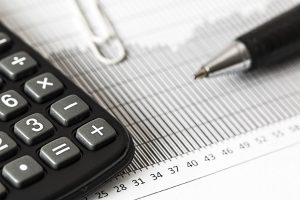
- The fees on a reverse mortgage are the same as a traditional FHA mortgage but they are higher than a conventional mortgage because of the insurance cost. The largest costs are:
- FHA mortgage insurance
- Origination fee
The fees and insurance can be financed into the loan so you don’t have to pay them out of pocket but you will have to pay them once the loan becomes due.
- The loan balance grows over time and the value of the home may decrease over time. However a reverse mortgage is a non-recourse loan meaning the lender can only look to the collateral property for repayment.
- A reverse mortgage usually does not affect eligibility for programs, such as Medicare or Social Security benefits. However, some needs based government benefits such as Medicaid and Supplemental Security Income (SSI) may be affected by a reverse mortgage loan. You should consult a qualified professional to determine if there would be any impact to your government benefits.
- In order to meet the loan obligations, you must live in the home as your primary residence.1 If you are planning to move in with family or relocate to a retirement facility this loan may not be right for you.
A reverse mortgage may be able to help you eliminate your monthly mortgage payment,1 increase your cash flow, and live a more comfortable retirement. If you are planning on aging in place the benefits of getting a reverse mortgage may outweigh any downsides that apply to your situation. To learn how much you may qualify for and get answers to your questions fill out the calculator above or call 1.800.976.6211.
1You must live in the home as your primary residence, continue to pay required property taxes, homeowners insurance, and maintain the home according to FHA requirements. Failure to meet these requirements can trigger a loan default that may result in foreclosure.
